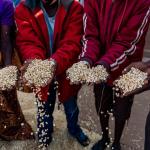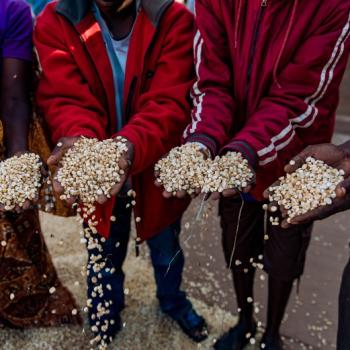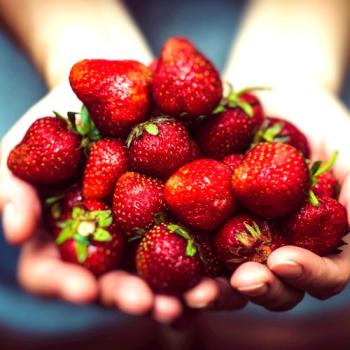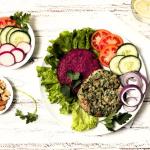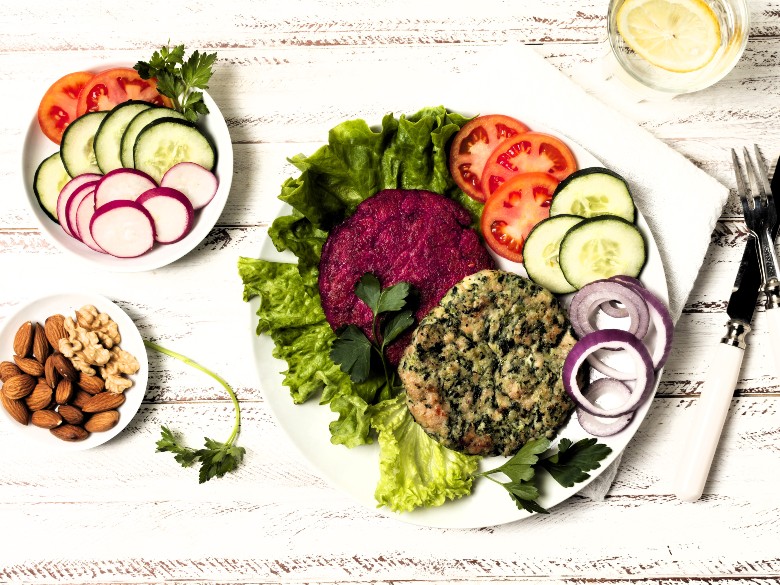 Religion and a Plant-Based Diet
Religion and a Plant-Based Diet
Religion and a plant-based diet are intricately connected, as many religions have specific dietary restrictions and guidelines that promote the consumption of plant-based foods. These dietary guidelines are often rooted in religious beliefs and ethical practices that aim to promote compassion and respect for all living beings.
My personal journey with eating a plant-based diet was not born out of any religious or philosopical tenants, just concern for my health and the amount of saturated fat in my diet, so I started researching many different diets and eating plans, and I chose to give a plant based diet a try.
What is a Plant-Based Diet?
Simply put, a plant-based diet is a way of eating that focuses on consuming foods that come from plants such as fruits, vegetables, whole grains, legumes, nuts, and seeds. It typically excludes or limits animal products like meat, dairy, eggs, and honey. People choose to follow a plant-based diet for a variety of reasons, including health benefits, environmental concerns, and ethical considerations related to animal welfare.
A Plant-Based Diet as Compassion
For example, in Hinduism, vegetarianism and veganism are widely practiced as a way to express compassion towards all living beings. The practice is founded on the concept of ahimsa, which translates to non-violence or non-harm. Hindus believe that by consuming plant-based foods, they can avoid causing harm to other living creatures and promote a peaceful way of life.
Similarly, in Buddhism, some followers choose to adopt a plant-based diet as a way to practice nonviolence and respect for all life. Buddhists believe that by consuming plant-based foods, they can contribute to the well-being of all living creatures and promote harmony in the world.
Plant-Based Diet as Religious Law
Other religions, such as Judaism and Islam, have dietary laws that prohibit the consumption of certain animals and require specific preparation methods for others. For example, in Judaism, kosher dietary laws require that animals are slaughtered in a specific way and prohibit the consumption of certain animals, such as pigs. In Islam, halal dietary laws also require specific preparation methods and prohibit the consumption of pork. In these cases, adhering to a plant-based diet may require additional research and planning to ensure that all dietary requirements are met.
Summing Up
Overall, the decision to follow a plant-based diet for religious or ethical reasons is a personal choice that should be respected. It can be a way to show compassion and respect for all living beings, while also promoting a healthier lifestyle. However, it is important to note that following a plant-based diet requires careful consideration and planning to ensure that all necessary nutrients are being consumed. Consulting with a healthcare professional or registered dietitian can help ensure a balanced and healthy diet.
Don’t Forget the Recipe!
Here is a fantastic recipe for a Black Bean and Butternut Squash Enchilada that is beyond delicious. I hope you enjoy! You can watch me make it on my YouTube channel by clicking the link below. I would like to know your thoghts on a the choice of starting or adhering to a plant-based diet, please leave your comments below. Thanks for reading! Have a blessed day!

Black Bean and Butternut Squash Enchiladas
Ingredients
- 3 Tablespoon olive oil-divided
- 3 cups peeled and diced butternut squash
- 2 medium jalapeno peppers, chopped
- 1 medium onion, diced
- 14-ounce can of black beans, drained and rinsed
- 4 Tablespoons fresh chopped cilantro, divided
- 1 Tablespoon chili powder
- 6-8 flour tortillas
- 1 10-ounce can enchilada sauce
- ½ cup cheddar cheese
- 2 cups shredded cabbage
- 1 Tablespoon lime juice
Method
- Preheat oven to 425 degrees Fahrenheit. Lightly coat a casserole dish with food release
- Heat 2 Tablespoons of olive oil in a skillet over medium heat. Add squash and cook, stirring occasionally until soft and slightly browned.
- Add the onions and peppers, stirring until the onions are soft.
- Remove from heat and stir in the beans, half the cilantro, and the chili powder. Set aside to cool.
- Warm the tortillas. Add ½ cup squash/bean mixture to each tortilla and roll up. Place the filled tortilla seam side down in the casserole dish. Continue this process with each tortilla, until they are all full, rolled, and in the casserole dish
- Pour the enchilada sauce over the tortillas and add the cheese evenly. Cover with foil and bake for 15 minutes. Take the foil off, and bake for 10 minutes more
- While the enchiladas are cooking, mix the cabbage with the lime juice, remaining olive oil, salt and pepper, and the remaining cilantro
- Serve the enchiladas on a warmed plate, alongside the cabbage mixture
*This is not a yielded recipe, so it will make a varying number of enchiladas depending on size and amount of filling used


